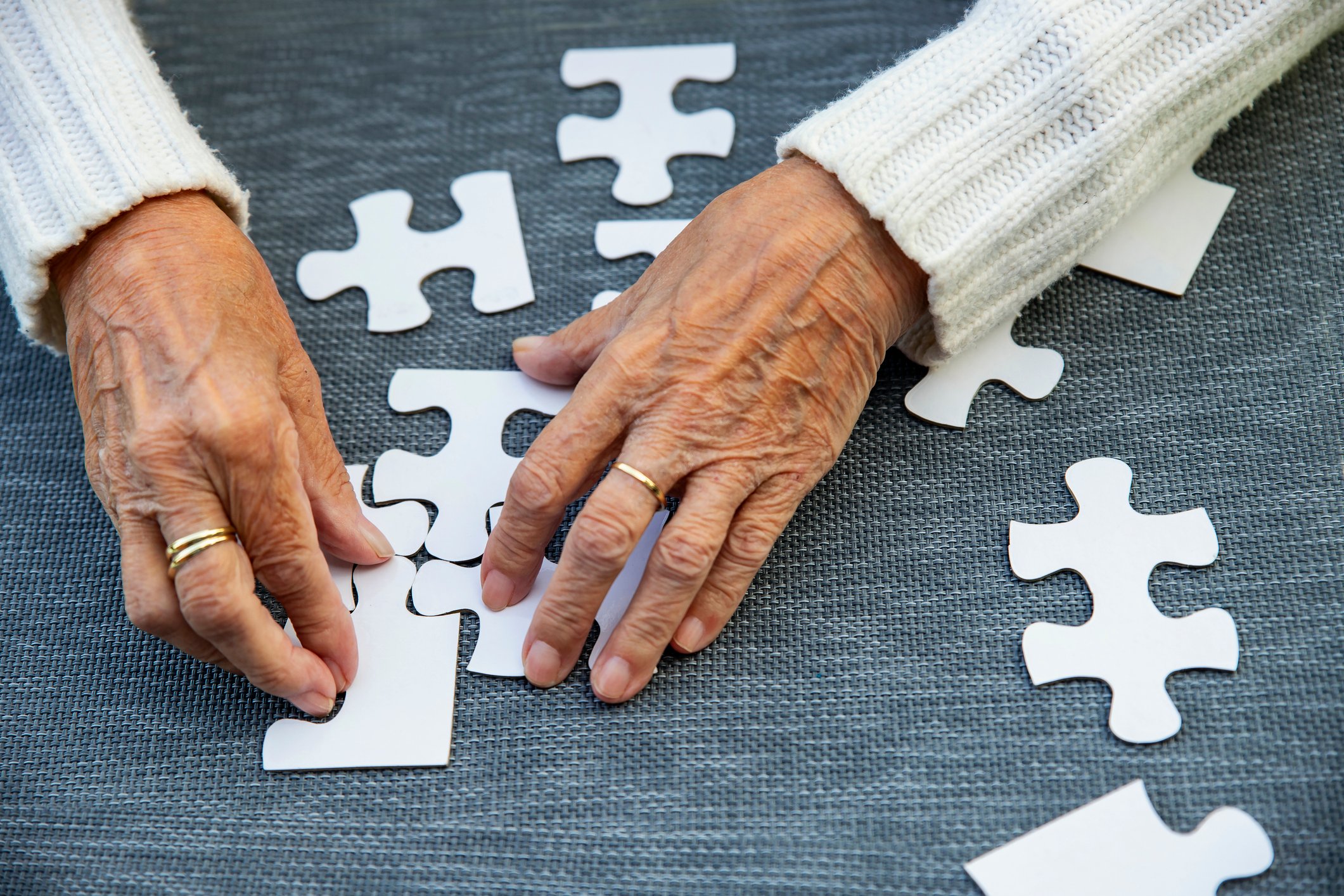Alzheimer’s Disease: Seven habits to help reduce your risk
June is Alzheimer’s and Brain Awareness Month, an opportunity to raise awareness of the disease and promote healthy brain habits that lower the risk of cognitive decline. Experts are still not sure of the exact causes of Alzheimer’s, the most common form of dementia. Because the causes aren’t clear, there’s no cure yet.
“Most of the risk of Alzheimer’s disease seems to be determined by genetic makeup and factors that are yet to be determined,” said Dr. S. Ahmad Sajjadi, neurologist at UCI Health and an Associate Professor of Neurology at UCI School of Medicine.
“Your genes play a big role in Alzheimer’s, but lifestyle choices, managing health issues, getting good sleep, and controlling anxiety and depression can help prevent memory problems.”
The cause and cure of Alzheimer’s is yet to be determined, but experts do know what actions you can take to help keep your brain healthy.
Here are seven simple steps you can take for a healthier brain:
- Stay active: Regular exercise that combines aerobic exercise and strength training increases blood flow to the brain and could reduce your Alzheimer’s risk by as much as 50%.
- Eat well: A healthy diet, which includes fruits, vegetables (especially leafy greens), whole grains, nuts, fish, beans, and olive oil might reduce the risk of Alzheimer’s.
- Keep learning: Read, solve puzzles, or try new hobbies to keep your mind sharp.
- Stay social: Spend time with family and friends and participate in face-to-face interactions to build strong social ties.
- Get good sleep: Aim for 7–8 hours of sleep every night, as lack of sleep can harm the brain.
- Reduce stress: Engage in stress reduction and relaxation techniques to diminish the damaging effects that chronic or persistent stress may have on the brain.
- Manage any metabolic conditions: Research has shown that diabetes, obesity, hypertension, and high blood pressure may contribute to the risks of Alzheimer's.
Scientists are working hard to find a cure for Alzheimer’s. Until then, focusing on prevention is our best option. It’s a challenge for everyone, but by making healthy choices and raising awareness, we can help each other and strive for a brighter future.
If you or a loved one is experiencing symptoms of Alzheimer’s, seek professional help. We also recommend this guide on how to talk about Alzheimer’s with a loved one.

.png?width=800&height=333&name=Copy%20Option%203%20(4).png)